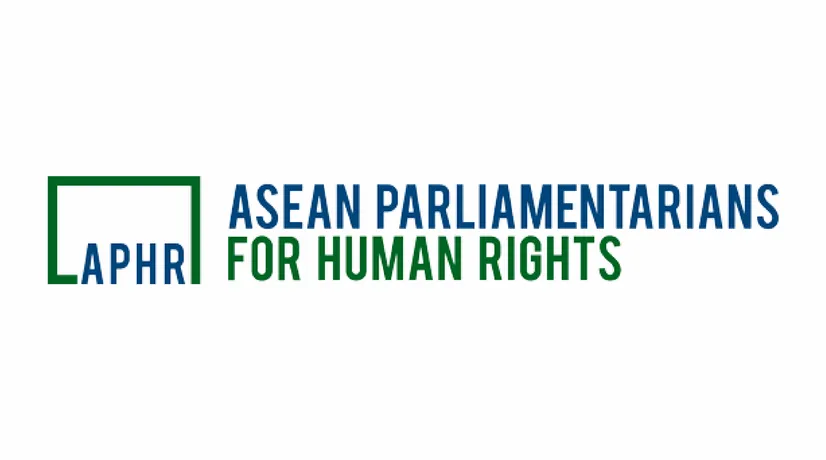Parliamentarians Urge ASEAN to Take Greater Action to Resolve Rakhine Crisis
11 November 2020

JAKARTA, 11 November – Ahead of the 37th ASEAN Summit this week, current and former parliamentarians have submitted an open letter to ASEAN urging it to play a positive role in resolving the ongoing crisis in Myanmar’s Rakhine State.
Dozens of current and former lawmakers from across Southeast Asia have urged the policy-making body to ensure that its actions create positive and sustainable change that contribute to ending the cycle of violence and displacement in Rakhine.
“While we welcome ASEAN playing a proactive role in the Rakhine crisis, there is so much more it can do to help bring it towards a resolution,” said Mercy Barends, an Indonesian MP and Board Member of ASEAN Parliamentarians for Human Rights (APHR). “Importantly, it must recognize that this is more than a humanitarian issue, and address it from all aspects, whether they are human rights, political, humanitarian, social or economic.”
“It is time for ASEAN to articulate a coordinated and long-term strategy that addresses the root causes of this crisis. Failure to do so will risk causing further harm and suffering for the Rohingya, and all other communities in Rakhine,” Barends said.
Three years since a brutal Myanmar military crackdown forced more than 740,000 Rohingya to flee to refugee camps in Bangladesh, Myanmar’s government has not taken any meaningful steps to address the root causes of the crisis, APHR said. Refugees are still making perilous journeys by sea, while inside Myanmar approximately 600,000 Rohingya are still facing discriminatory restrictions imposed by the government, deprived of their rights to citizenship, freedom of movement, and access to essential services. In addition, an intensifying armed conflict between the Arakan Army and the Myanmar military threatens the safety of thousands of civilians from all communities, the MPs added.
In their open letter, the lawmakers make a number of recommendations to ASEAN in how it can play a proactive and positive role in resolving the crisis, including by promoting transparency in its decisions, and ensuring meaningful consultation with the Rohingya and refugee communities, as well as with civil society actors. The MPs also called on ASEAN to strengthen the capacity of its institutions to respond to “man-made disasters” such as the one in Rakhine State.
“Until now, ASEAN has allowed the Myanmar government to dictate the terms of its engagement on the Rakhine issue, but this week’s ASEAN Summit presents the perfect opportunity to change course, and use its political leverage with the Myanmar government to push for measures that bring meaningful change on the ground in Rakhine State,” said Barends. “We urge ASEAN to develop a strategy that listens to the people most impacted by this crisis, and most importantly, one that abides by the principle of ‘Do No Harm’”.
Today, APHR also launches episode one of its two-part podcast series ASEAN’s Rakhine Crisis. Listen and subscribe here.
For more information, email [email protected].
Announcements
28 February 2025
Asian NGO Network on National Human Rights Institutions , CSO Working Group on Independent National Human Rights Institution (Burma/Myanmar)
Open letter: Removal of the membership of the dis-accredited Myanmar National Human Rights Commission from the Southeast Asia National Human Rights Institution Forum

Progressive Voice is a participatory rights-based policy research and advocacy organization rooted in civil society, that maintains strong networks and relationships with grassroots organizations and community-based organizations throughout Myanmar. It acts as a bridge to the international community and international policymakers by amplifying voices from the ground, and advocating for a rights-based policy narrative.